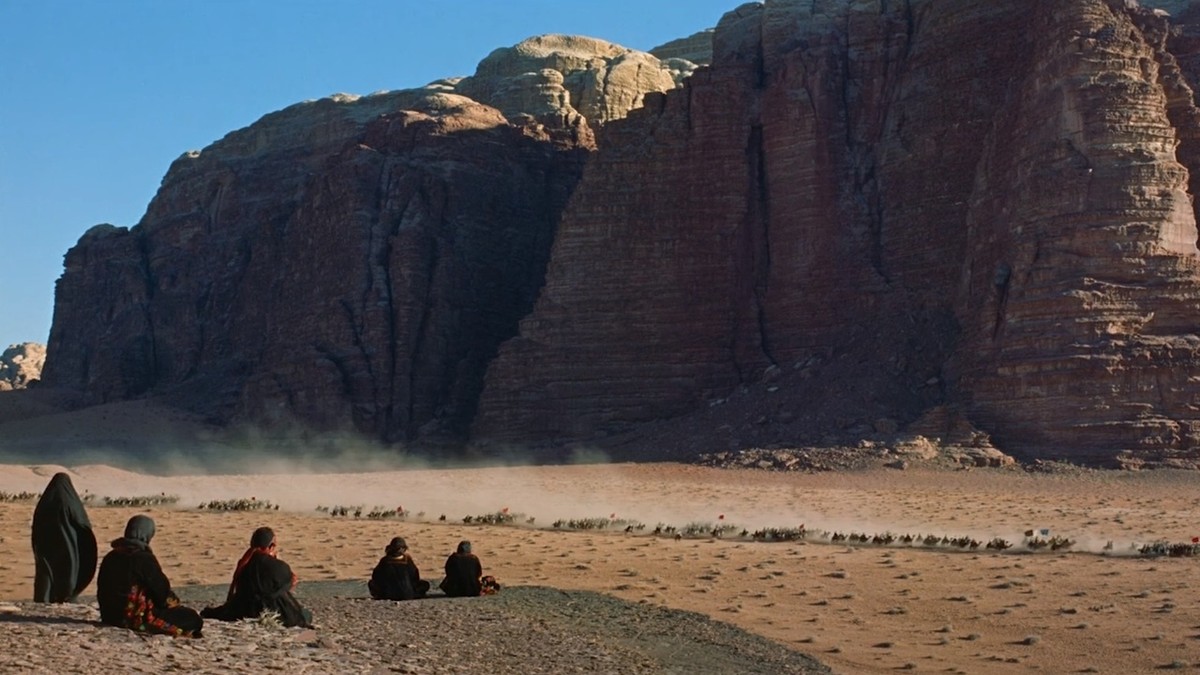#68. There Will Be Blood
(Paul Thomas Anderson, 2007)

"I have a competition in me. I want no one else to succeed. I hate most people."
(Paul Thomas Anderson, 2007)

"I have a competition in me. I want no one else to succeed. I hate most people."
The second Paul Anderson film to make my list. Though I'm still not entirely sure on where I stand on PTA as a filmmaker (though I generally like most of what he's done), this is the one that stands out almost entirely because of how different it is from the rest of his filmography. One can certainly pick the thematic and structural similarities that reoccur throughout his work, especially the ways in which many of his favoured archetypes - eccentric entrepreneur, flawed father figure, and all-around difficult bastard - are so perfectly crystallised in the form of fledgling oil baron Daniel Plainview (Daniel Day-Lewis), himself giving a grandiose performance as if to perfectly delineate Anderson entering a new artistic phase. The film itself reflects that amply, centring on this ruthlessly capitalistic figure as he imposes himself on a potentially lucrative section of land and only seems to meet competition from local preacher Eli Sunday (Paul Dano), whose holier-than-thou ways not only make him seem custom-built to be the perfect antagonist to Plainview but also mark him as the other side of the same willful coin that sees other people as a resource to be exploited even under the guise of piety. It's not subtle about it, but this is Anderson attempting to carry out his own particular take on the historical epic and that much is reflected in everything from Robert Elswit's crisp cinematography to Jonny Greenwood's hypnotic score.
2005 ranking: N/A
2013 ranking: #79
__________________
Iro's Top 100 Movies v3.0
I really just want you all angry and confused the whole time.




